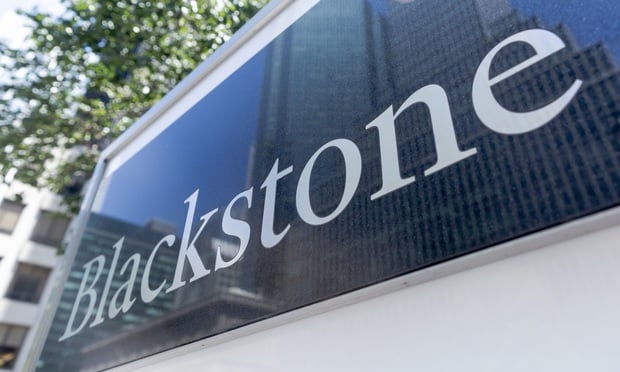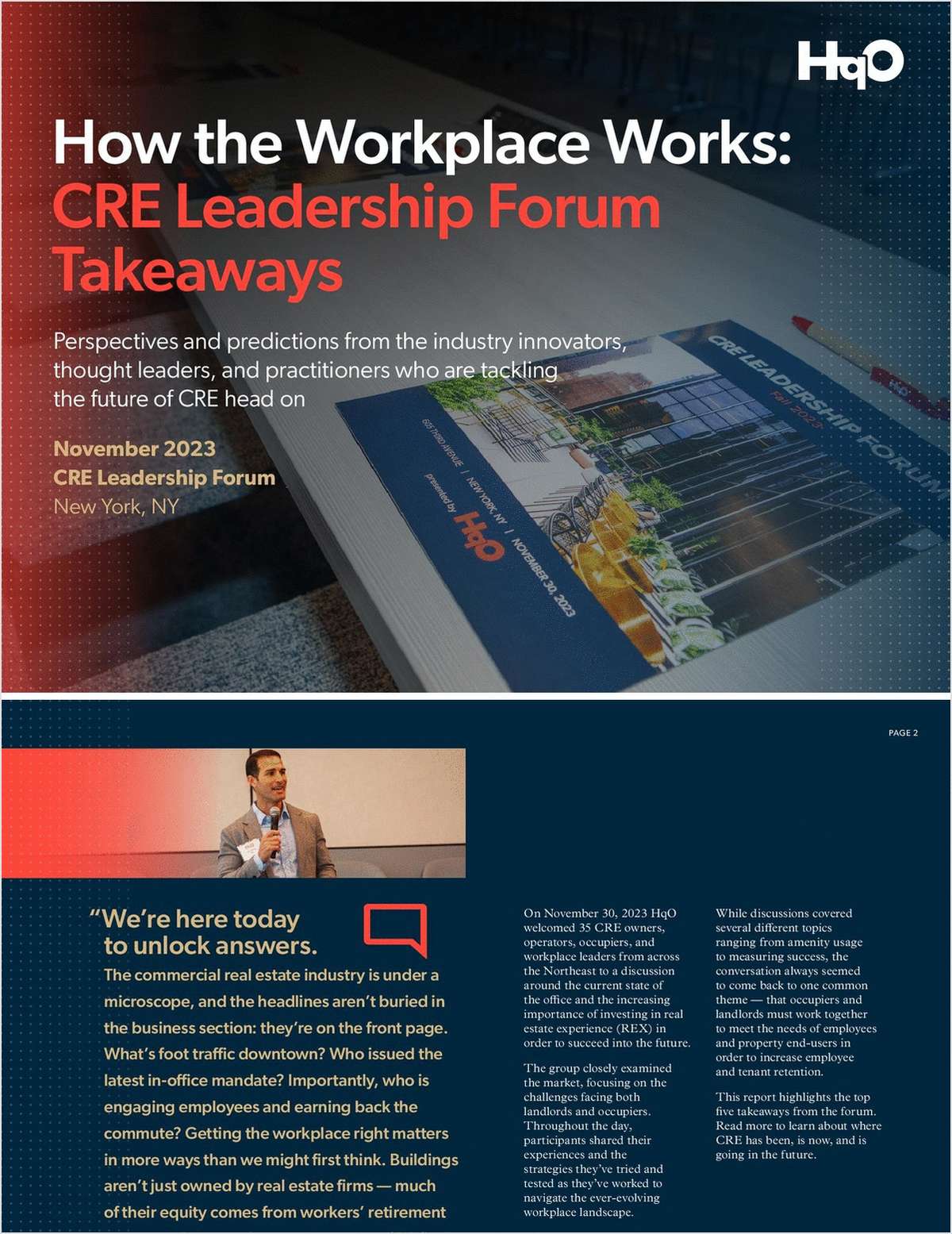 WeWork office space/ photo credit: The WeCompany
WeWork office space/ photo credit: The WeCompany
NEW YORK CITY—In April, WeWork announced that in December 2018it had filed paperwork for an IPO of its common stock. The WallStreet Journal has reported that the flexible office spaceprovider is planning to go public in September. The news outletstated that WeWork is meeting with banks to negotiate anasset-backed loan and is expecting to raise $5 billion to $6billion. The debt would reduce the amount the company would need toraise in its IPO.
|The WSJ noted one reason for the launch that's earlierthan what many investors expected is the strong US stock market and“executives at WeWork are worried that the good times won'tlast.”
|WeWork declined to comment about its upcoming IPO toGlobeSt.com.
|Questions continue to resurface, following last week's news thatWeWork co-founder and CEO Adam Neumann cashed out stock and took on debt together totaling$700 million. A July 2019 opinion piece by Jeffery A.Sonnenfeld published in Yale Insights by Yale's School ofManagement titled “WeWork: What, We Worry?” was one of the voicescriticizing Neumann's move. He cited Noam Wasserman's contrastingfounders like Michael Dell of Dell Technologies, Bill Gates ofMicrosoft and Bernard Marcus of the Home Depot who retained pre-IPOownership with the founder of Groupon who shed stock prior to ashakier IPO.
|However, a source with knowledge of Neumann's recent deal lastweek told GlobeSt.com that Neumann did not draw a salary, and hisdebt was also backed by company assets. Plus, the source saidNeumann is still the largest single shareholder of the company.
|Some investors have also expressed wariness over WeWork's plansto launch its IPO while operating at a loss. The WSJ hadnoted last year its $1.8 billion in revenue was eclipsed by $1.9billion in losses. But several big name companies have operated inthe red for years prior to turning a profit. For example, TeslaMotors operated for a decade before its first profitable quarteraccording to a July 2014 Inc. article.
|Finally, the Yale Insights opinion piece differentiatedElon Musk and Mark Zuckerberg from Neumann saying the former “haveunique disruptive technologies.” Is a massive co-working companywith offices around the world such a disruptor that it can do tooffice space leasing what Facebook has done to social networks orApple to mobile devices? Several real estate leaders say WeWork andits competitors have forever changed the office rental landscape.But Sonnenfeld opined, “Strip away the barn-wood interiors, beanbags, and expresso bars, and Neumann's empire looks a lot like … alot of other real estate companies.”
Want to continue reading?
Become a Free ALM Digital Reader.
Once you are an ALM Digital Member, you’ll receive:
- Unlimited access to GlobeSt and other free ALM publications
- Access to 15 years of GlobeSt archives
- Your choice of GlobeSt digital newsletters and over 70 others from popular sister publications
- 1 free article* every 30 days across the ALM subscription network
- Exclusive discounts on ALM events and publications
*May exclude premium content
Already have an account? Sign In
© 2024 ALM Global, LLC, All Rights Reserved. Request academic re-use from www.copyright.com. All other uses, submit a request to [email protected]. For more information visit Asset & Logo Licensing.








